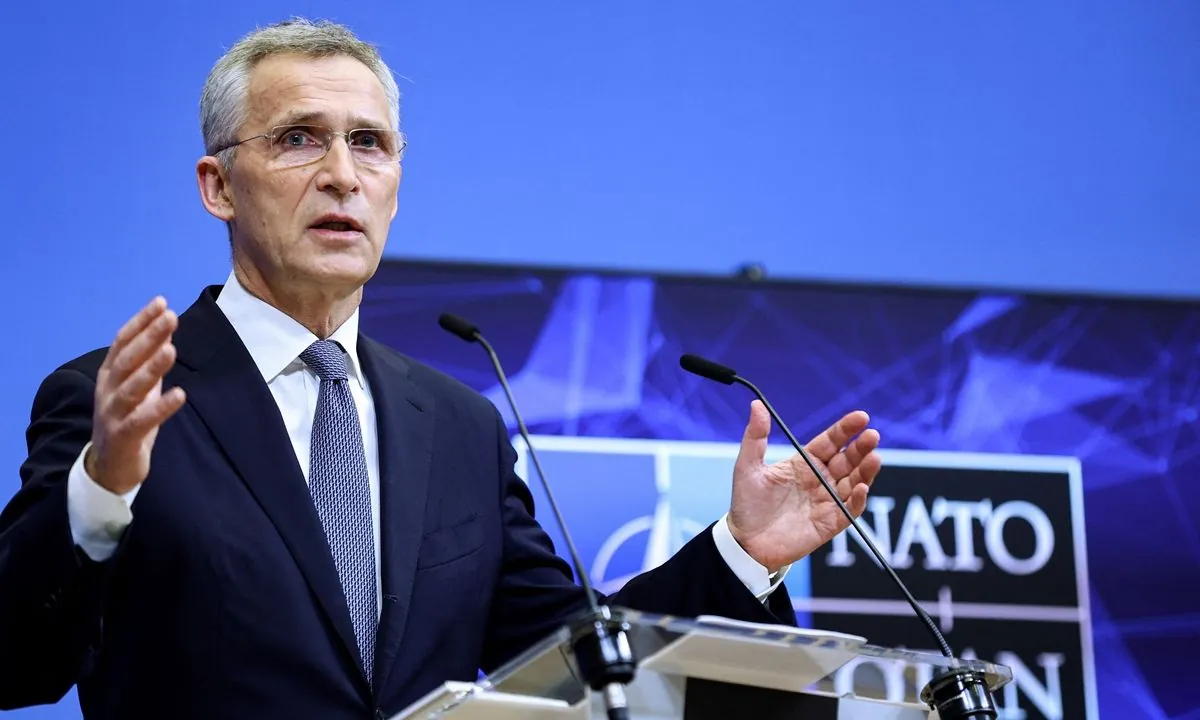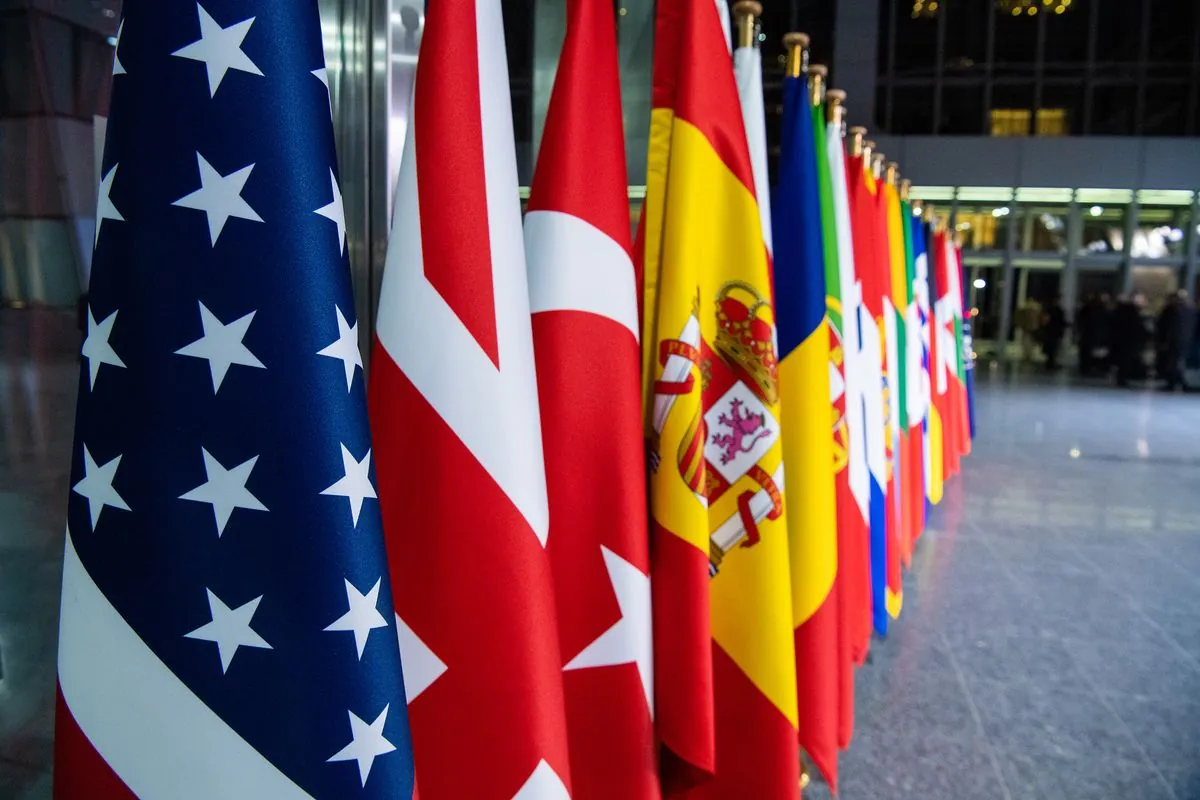NATO Chief Stoltenberg Reflects on Alliance's Transformation and Global Challenges
In a candid interview, NATO Secretary-General Jens Stoltenberg discusses Ukraine's defense, potential membership, and the alliance's global approach amidst evolving geopolitical tensions.

Jens Stoltenberg, NATO's Secretary-General, recently shared his insights on the alliance's transformation and current challenges in an interview with Foreign Policy. As his tenure nears its end on October 1, 2024, Stoltenberg reflected on the significant changes NATO has undergone since Russia's invasion of Ukraine in 2022.
The Secretary-General expressed support for loosening restrictions on Ukraine's use of long-range missiles, stating that Ukraine has the right to strike legitimate targets inside Russia for self-defense. This stance aligns with NATO's founding principle of collective defense, as outlined in Article 5 of the North Atlantic Treaty.
Regarding Ukraine's potential NATO membership, Stoltenberg highlighted the progress made, including the establishment of the NATO-Ukraine Council and the removal of the Membership Action Plan requirement. However, he emphasized that consensus among all 32 member countries is still necessary for an invitation to be extended.
Stoltenberg addressed concerns about the growing collusion between Russia, China, Iran, and North Korea. He stressed the importance of exposing the support Russia receives from these authoritarian powers, particularly China's role in enabling Russia's war efforts. The alliance has been monitoring this situation closely, as it relates to NATO's global security interests.

The Secretary-General also discussed NATO's global approach, emphasizing that while the alliance remains focused on North America and Europe, it must address global threats such as cyber attacks, terrorism, and space security. This perspective reflects NATO's evolution since its founding in 1949 with 12 original members to its current 32-member structure.
Reflecting on NATO's past experiences, Stoltenberg acknowledged lessons learned from the alliance's involvement in Afghanistan. He stated that while the initial response to the September 11, 2001 attacks was necessary, the mission's expansion into nation-building represented an overreach.
As NATO continues to adapt to new challenges, it maintains its commitment to collective defense and regular military exercises to enhance interoperability among member forces. The alliance's Strategic Concept, last updated in 2022, guides its approach to current and future security challenges.
"There is no doubt that Ukraine has the right to strike legitimate targets inside Russia. We need to remember this is a war of aggression that Russia has launched against its neighbor, Ukraine. It is a war of choice by Russia. That is a brutal violation of international law."
In conclusion, Stoltenberg's remarks underscore NATO's ongoing transformation and its efforts to balance regional focus with global awareness in an increasingly complex geopolitical landscape.


































